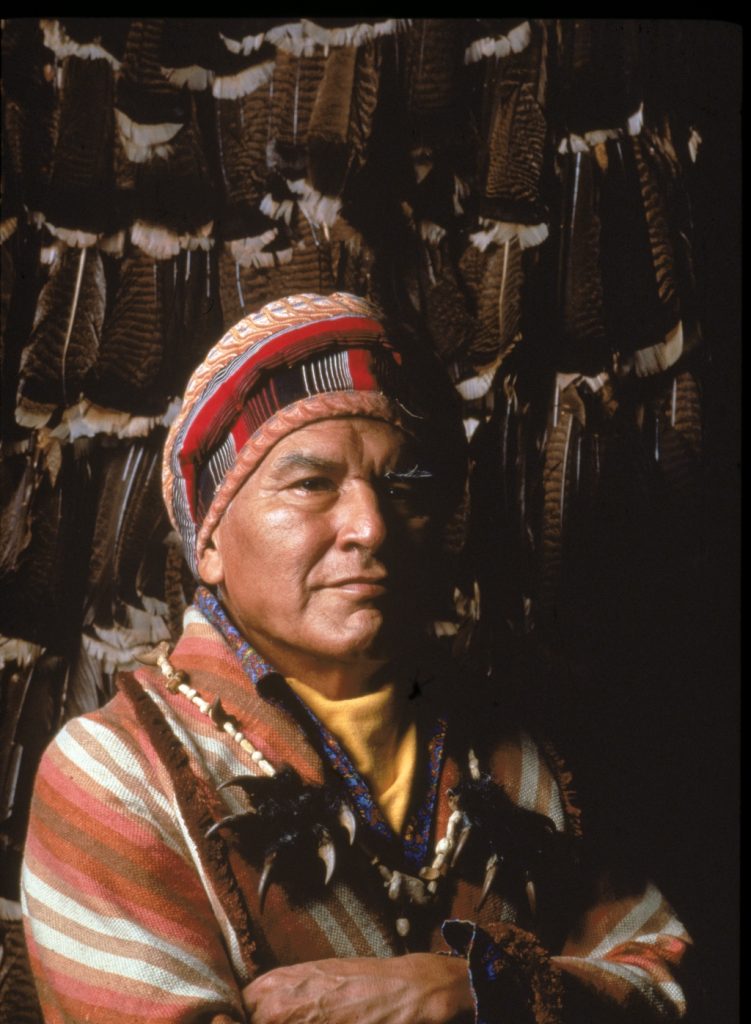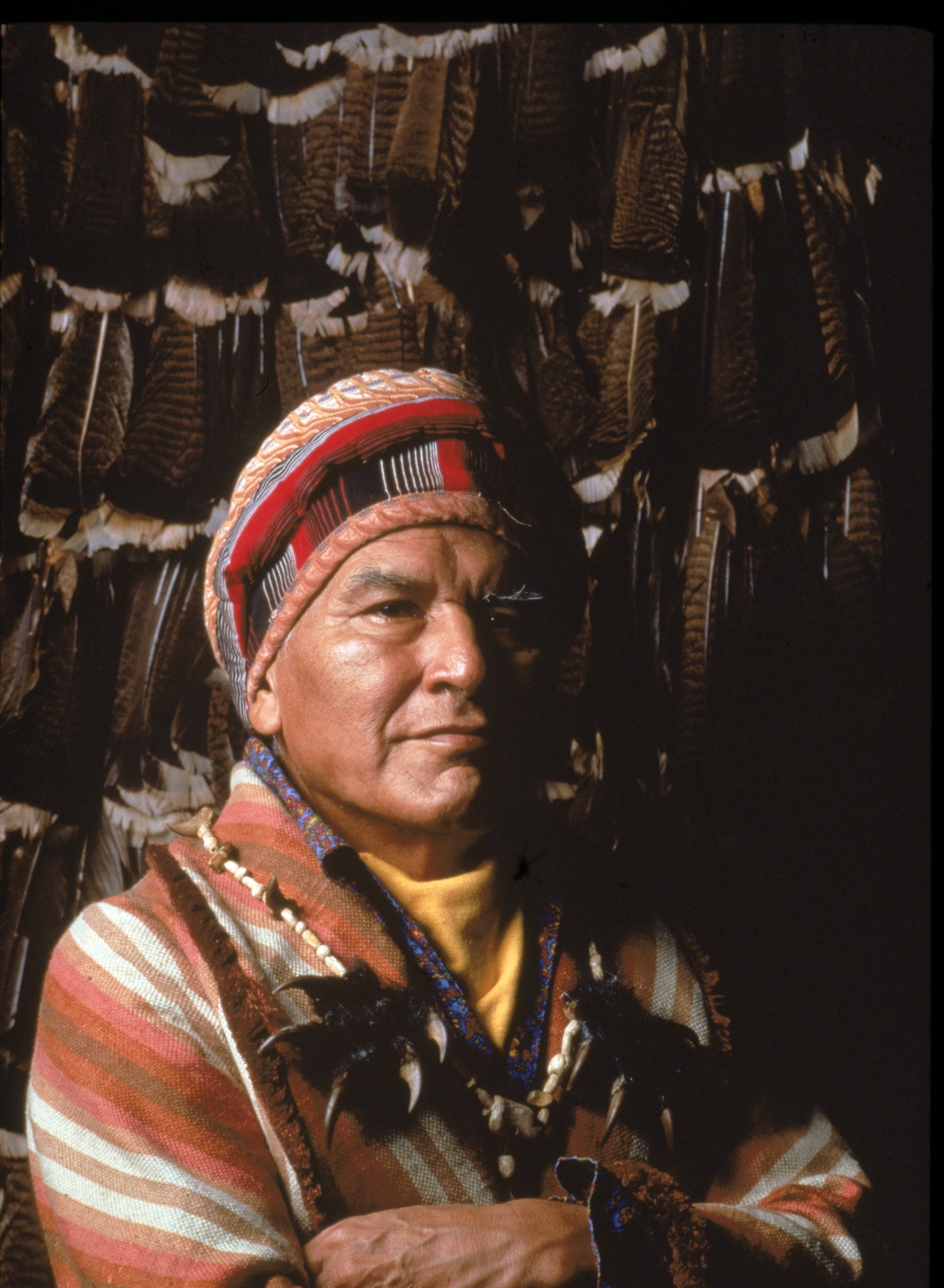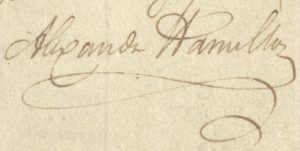Linguists believe that there are only a few hundred native speakers of the Cherokee language left. In 2005, the Eastern Band of Cherokee Indians (EBCI) estimated that only 980 spoke Cherokee and “the average age of the speakers [was] over 50.” More recent estimates suggest that the number of fluent speakers may be as low as 200. The United Nations Organization for Education, Science and Culture, an organization which tracks threatened languages, lists Cherokee in North Carolina as “severely endangered.” In 2004, in response to the loss of native speakers, the EBCI opened the New Kituwah Academy, a Cherokee immersion school aimed at revitalizing the language for current and future generations.
Today we are proud to announce the opening of an important new collection of Cherokee resources which will allow us to contribute to the preservation of this beautiful but endangered language. Over the last few months the staff of the Southern Historical Collection has been collaborating with the family of Cherokee linguists Jean Bushyhead Blanton and Robert H. Bushyhead (a daughter-father team) to collect, process, and make available their extensive archive of papers, audio, and video recordings from their Cherokee language project. The Bushyhead Family Papers is now available to researchers. In fact, some of the audio in the collection has already been digitized and you can stream it through our website.
The digitized audio recordings include instruction on how to say various words and phrases in Cherokee (such as the days of the week or names of colors), the Pledge of Allegiance translated from English to Cherokee, and a performance of the Cherokee legend “Yonder Mountain.”

Robert H. Bushyhead was born in 1914 and raised in the Birdtown community of the Qualla Boundary. As a young child, his entire family spoke the Kituwah dialect of Cherokee. When he was seven years old his father enrolled him in a government boarding school in Cherokee, North Carolina, where his teachers forced him to abandon his native tongue for English. Bushyhead and his friends were punished if found speaking Kituwah, “as violently for speaking the Cherokee language as they would have if they caught us smoking or chewing,” he recalled. This forced assimilation was an experience shared by many Cherokee children, and is a major factor for the threatened existence of the language.
In the 1960s, Robert Bushyhead began documenting the vocabulary and grammar of his native Kituwah. In 1991 he started working with his daughter, Jean Bushyhead Blanton, to create a Cherokee language curriculum for classroom instruction. Recognizing the importance of seeing as well as hearing language instruction for K-12 students, they decided to develop a series of videotaped lessons. The Bushyhead Family Collection in the Southern Historical Collection consists largely of those recorded lessons, on more than 100 videotapes and 300 audiocassettes.
Robert H. Bushyhead once said, “Cherokee has a flow, it has a rhythm that is beautiful. And once you lose that rhythm, then, of course, you’re lost.” Bushyhead died on July 28, 2001, but his voice is not lost – it will be preserved as a living teaching and research tool at UNC Libraries.



